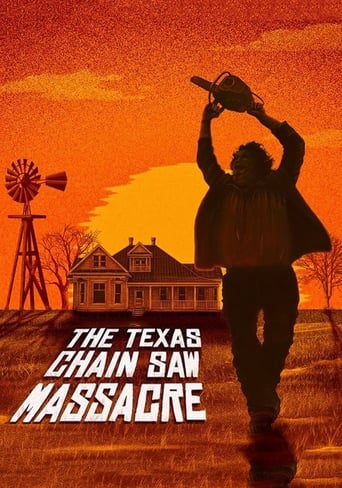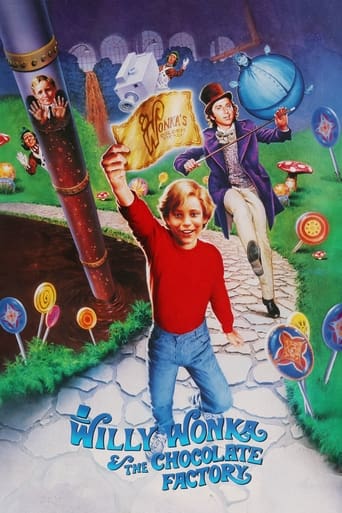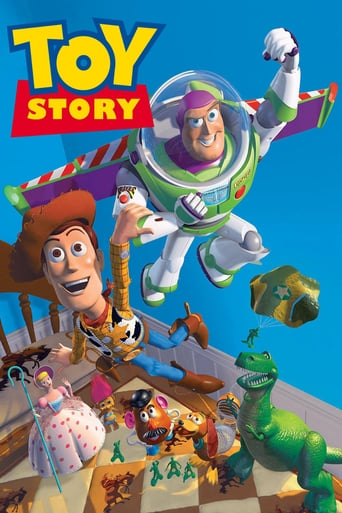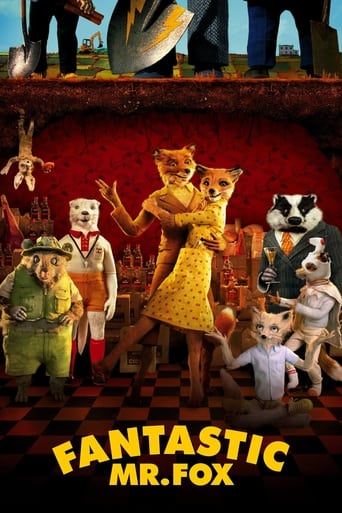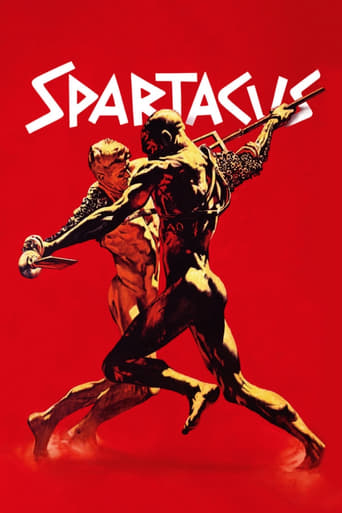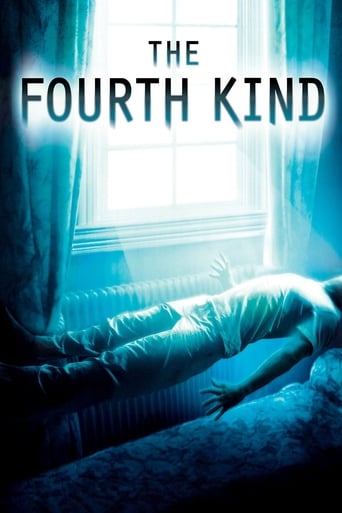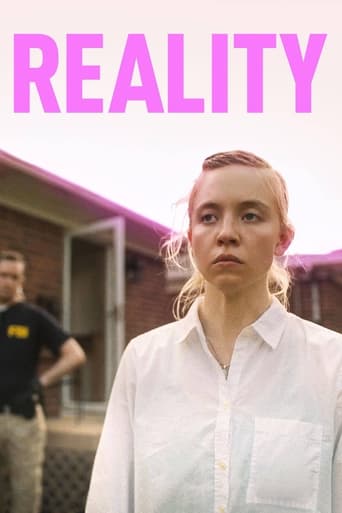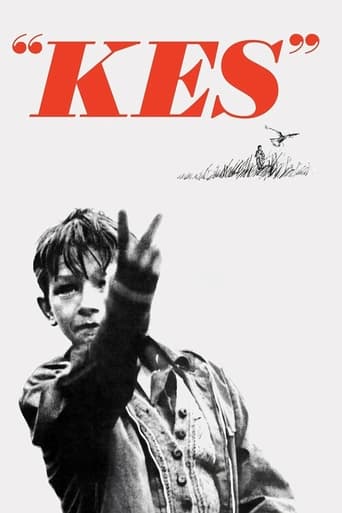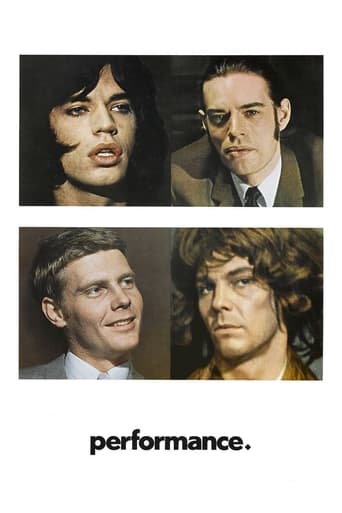


Performance
In underworld terms, Chas Devlin is a 'performer,' a gangster with a talent for violence and intimidation. Turner is a reclusive rock superstar. When Chas and Turner meet, their worlds collide—and the impact is both exotic and explosive.
-
- Cast:
- James Fox , Mick Jagger , Anita Pallenberg , Ann Sidney , Stanley Meadows , Allan Cuthbertson , Anthony Valentine


Similar titles
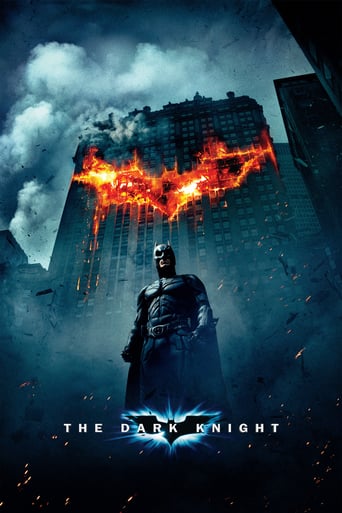
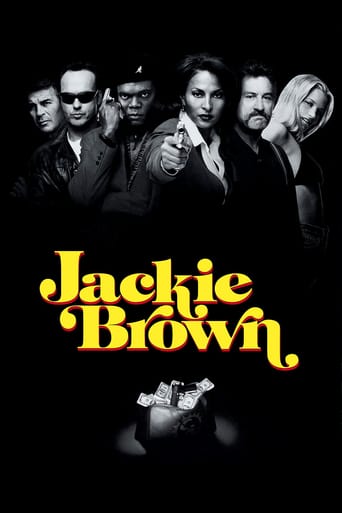
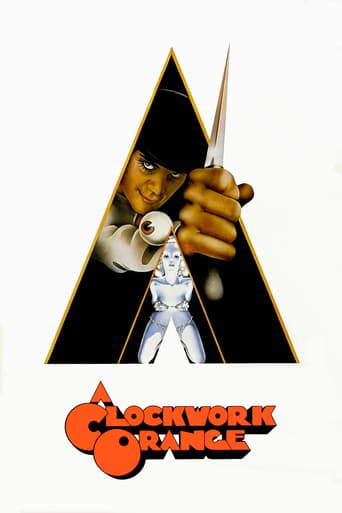
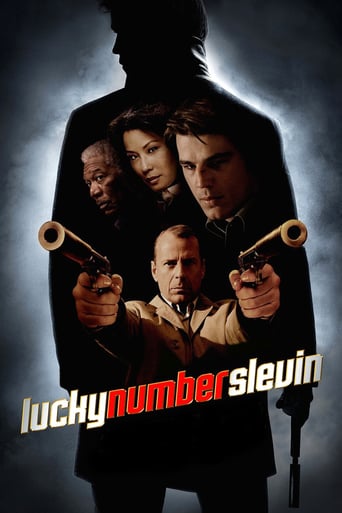
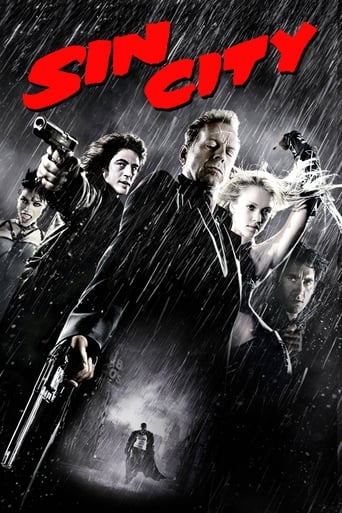
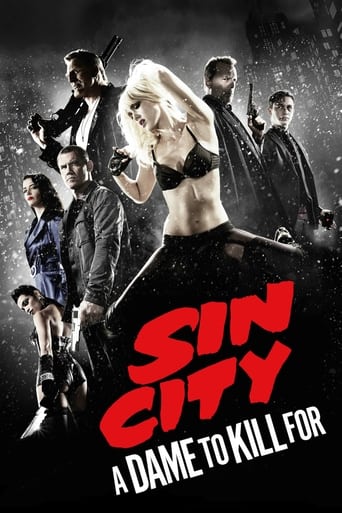
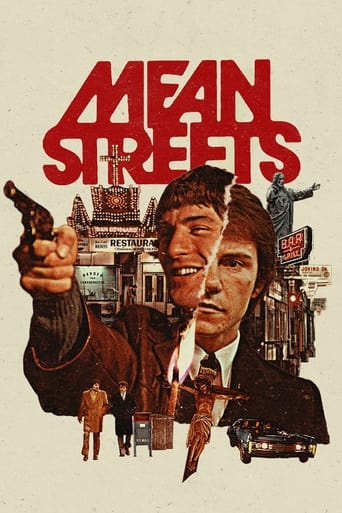
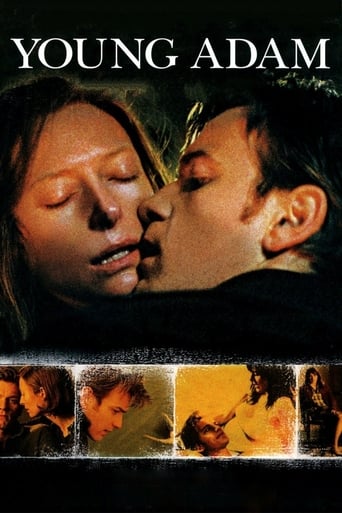
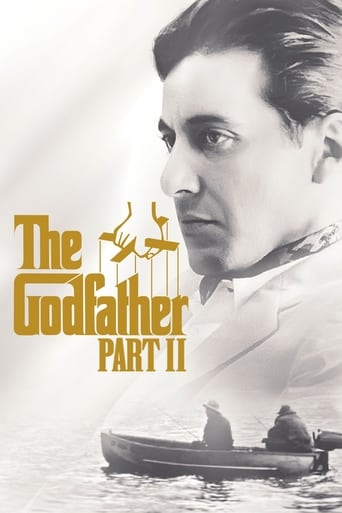
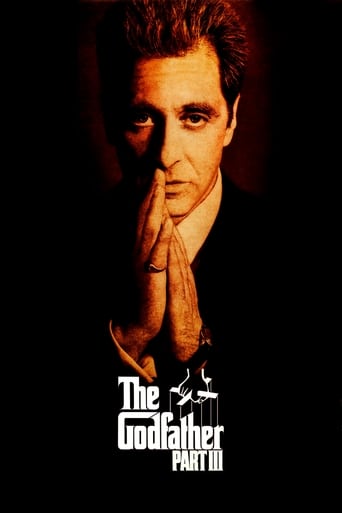
Reviews
Thanks for the memories!
I wanted to but couldn't!
If the ambition is to provide two hours of instantly forgettable, popcorn-munching escapism, it succeeds.
Blistering performances.
The movie hinges on the premise that if you put a hippy-looking wig on somebody that they'll be indistinguishable from anyone with long hair. Needless to say Mick Jagger and James Fox don't resemble each other or sound like each other whatsoever. In fact Mick is world renown for having a distinct, weird-looking face.The Fox character is reprehensible and Jagger's character...is also there, for some reason. And there's tits. People watch this because it's an art film. I can't imagine it being green-lighted by a studio if Jagger's face wasn't on the poster. At this point Roeg was just a cinematographer. Cammell would later wind up directing music videos. Neither had any directing experience, and it shows.
TCM showed the old Mick Jagger cult film Performance tonight at 4am. That's one of the few movies I ever walked out on, during a midnight showing at either the Guild or Fine Arts in San Diego. I usually loved their midnight movies, but maybe we were either too high or not high enough to appreciate Performance. One of the other few movies I ever walked out on was Videodrome, and that was a free ticket I won on the radio - when I tried to re-watch it a couple of years ago, I still hated it. I suspected the same thing would happen again tonight with Performance, but I gave it a shot.I definitely "get" Performance a lot more now. They screened it as part of a Nicolas Roeg marathon (even though Roeg reportedly played a minor role in the actual direction of this one), along with other flicks he did about culture clashes like Walkabout (Brit kids lost in the Australian outback) and the Man Who Fell to Earth. I also disliked Man Who Fell To Earth when I first saw it new in theaters as a teen, and was quite surprised at how much I liked it when I finally gave it another chance a couple of years ago.When I first saw Performance, I didn't really know the context RE filmmaking going all LSD in the late '60s, or even who Anita Pallenberg was (she was living with Keith Richards, but played Jagger's lover in the movie, causing problems that kept the Stones from doing the full soundtrack). I can definitely appreciate what the movie is now - but I still don't think it's very good and would never watch again. Watching it felt like taking the brown acid at Woodstock -- you're glad to be at a great and historic party, except it kinda sucks to be there too --I should say the actual performers in Performance are quite good, even Jagger (before he became a parody of himself). It's just such a dopey script, insanely edited like someone just threw a bunch of film strips on a table and randomly spliced them together. The music is top notch too, I went looking up almost every song -- like Twin Peaks, I'd much sooner enjoy spinning the soundtrack than the actual show!
It's fascinating to see how this movie which was made in the late 1960s, develops from a routine crime drama into an exploration of the nature of identity, sexuality and reality. By the standards of the time, it was clearly ambitious, innovative and challenging but that's only half the story because its dazzling visual style, which facilitates the process so effectively, was also an introduction to the highly individual approach which became such a familiar feature of co-director Nicolas Roeg's later films. Montages, superimposed images and editing that intentionally disrupts the chronology of the narrative, are just some of the stylistic flourishes that are used to good effect in "Performance" to blur the lines between various identities and what's real and what's imagined.Chas (James Fox) is a sadistic young criminal who works as an enforcer for London crime boss Harry Flowers (Johnny Shannon). He's well-dressed, very good at his job and recognised by his fellow gang-members as someone who really enjoys his work. His ability to terrorise people into seeing the benefits of the "protection" that his boss' organisation provides is also well recognised but when he gets involved in a job where a man he's known since childhood is involved, things go badly because he hates the guy and kills him. This doesn't go down well with Harry Flowers and so to save his own life, Chas immediately has to go on the run. A conversation he overhears in a railway station waiting room alerts him to the fact that there could be a vacant apartment in Notting Hill Gate which he could use as a temporary hideout.At the mansion of retired rock star Turner (Mick Jagger), Chas introduces himself as Johnny Dean and claims to be a professional juggler. His new surroundings are not what he expects because the rather eccentric Turner lives with a couple of bi-sexual women called Pherber (Anita Pallenberg) and Lucy (Michele Breton). Chas tries to change his appearance by dying his hair and only intends to stay in his basement accommodation until he can get his hands on a forged passport and leave the country for good.Chas' initial antipathy to the lifestyle of the house's other three residents who regularly sleep and bath together slowly changes after he gets to know Pherber more closely and begins to take on some of Turner's characteristics. The faded rock star had given up his career when he'd lost his "demon" which had been the source of his inspiration and creativity and starts to see Chas (who also considers himself a performer) as possessing some quality which might enable him to recover his lost muse. The mind games and hallucinogenic mushrooms that Chas is then exposed to, change him profoundly, but will this bring back Turner's demon? The musical number in which Turner assumes Chas' identity in an imagined situation where he interacts with other members of the Flowers gang is brilliantly conceived, highly entertaining and thoroughly consistent with the movie's main themes. It also forms part of a soundtrack that's perfect for this exceptional film.The use of androgynous characters (Lucy and Turner), gay gangsters and visual references to the works of Francis Bacon and Jorge Luis Borges also provide indications of some of the plot's preoccupations but it's the recurring use of mirrors that ultimately provides the movie with its most memorable motif. With excellent performances, especially from Jagger and Fox and its ground-breaking visual techniques, "Performance" is definitely a movie that's not to be missed.
Often cited as one of the greatest films in British Cinema, 'Performance' is a hallucinogenic trip (pun intended) through London's criminal underworld, the tentative edifice of identity, and the whole glorious mess of psychotropic drug-soaked late 1960s pop-culture when flower-power was beginning to wilt and swinging London was beginning to sway. Rolling Stone singer Mick Jagger plays Turner, a has-been rock star ensconced in his Notting Hill mansion living a life of orgiastic decadence with the spellbinding Pherber (Pallenberg) and exquisitely androgynous Lucy (Breton) in an atmosphere where money floats idly on bath water and psilocybin mushrooms are served for breakfast until one day Chas (Fox), an on-the-run South London gangland hood, knocks on his door seeking solace under the guise of being a juggler. It doesn't take long for Turner and Co. to cotton onto the ruse and, voyeuristically fascinated by the implications of the violent underworld Chas inhabits, indulge in a bizarre rite where definitions of violence and sexuality are explored, and identity is deconstructed.Many rumours surround the film which no doubt got the green light from execs who, in seeing the name of a Rolling Stone attached, no doubt envisioned a film-pop hybrid like 'A Hard Day's Night'. However, 'Performance' is as far away from a mainstream-baiting, tongue-in-cheek romp as you can get. Instead it is a raw and (in more than one sense) adult film which is transgressive and deviant in every respect. One such rumour has it that at a screening for the studio executives one exec wife vomited, while another was apparently heard to say " even the bath water was dirty". What is sure is that, after various cuts and re-edits, the film was shelved for 2 years after it was finished, not seeing the light of day until 1970. Saying this, by modern standards this seems a quaint over-reaction: modern pop videos are arguably more erotic than the nudity and the sex scenes between Jagger and Pallenberg come across as positively tasteful, although another rumour has it that the sex wasn't simulated and was indeed real (which no doubt *cough* annoyed Stones guitarist Keith Richards, who Pallenberg was officially with at the time) and that out-takes from the scene were shown at adult movie festivals. Modern audiences may also smirk a little at the depiction of drug-taking in the film which lacks both the glamour of Scorcese-style fistfuls-of-coke-flung-into-the-air as well as the searing gritty realism of films like 'Christiane F' or 'Trainspotting'.Okay, sure the film is dated somewhat (even down to the casting of Jagger who, after emerging from his late 60s, dissolute, "Baudelaire phase", ended up symbolising the mainstream and entering the establishment!) but we need to respect the fact that it was films like 'Performance' which broke new ground wherein these other films would follow. Secondly, I would argue the violence in the first half of the film still actually packs a punch today in terms of grittiness, the conflation made between violence and sex, as well as the implications of homosexuality within the gangland world which, it should be remembered, was still a tangible presence in late-60s London owing to the Kray brothers and their "Firm". Thirdly, it should be noted that for all its explictness, the drug-taking, sex, and violence in the film are merely vehicles for the grander ruminations on identity that are the heart of the film.Out of the directorial duo of Nic Roeg and Donald Cammell it is Roeg who, with the acclaimed 'The Man who Fell to Earth' and the bewilderingly beautiful 'Don't Look Now', went onto to establish himself as a director of some standing while Cammell struggled to get his various projects off the ground but 'Performance' should really be recognised as Cammell's baby as its content is a clear articulation of his musings and fetishes, from organised crime to drugs to threesomes and to the work of Argentine writer Jorge Luis Borges. Borges, in collections like 'Fictions' and 'Labyrinths' wrote short stories in a magic realist style which collapsed the distinctions between imagination and reality and created worlds of confusion which elicit awe in the possibilities that open up. As Turner himself says in the film, "nothing is true everything is permitted". What's more, a copy of a book by Borges is seen lying in the apartment, Turner's speech references Borges' stories several times, and in the climatic confrontation at the end of the film the image looming towards us as we are fired into Turner's brain is none other than Borges himself. A curious and morbid post-script to this is that after being all but completely rejected by Hollywood for years after 'Performance' Cammell killed himself with a shotgun blast to the head however, death wasn't immediate and after shooting himself he walked around for sometime, even claiming to his partner that he "couldn't see Borges".Such stories of madness run all though the circumstances of the genesis of 'Performance' as well as through the film itself. Certainly, much more could be said about the film as in coming from the abyss the film permits an interpretation as deep as you care to take it. What is sure is that it's a unique film born of a unique vision operating in unique times and, although dated in parts, serves as both a document of the time, a manifesto of madness, and simply just has to be seen.

